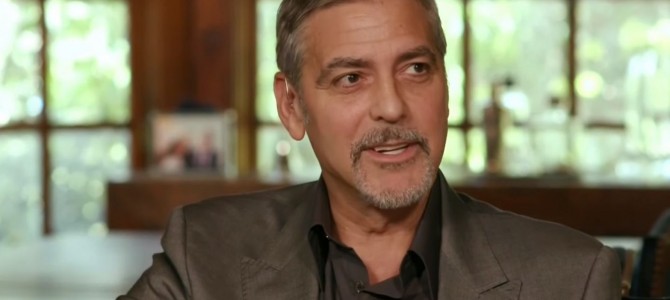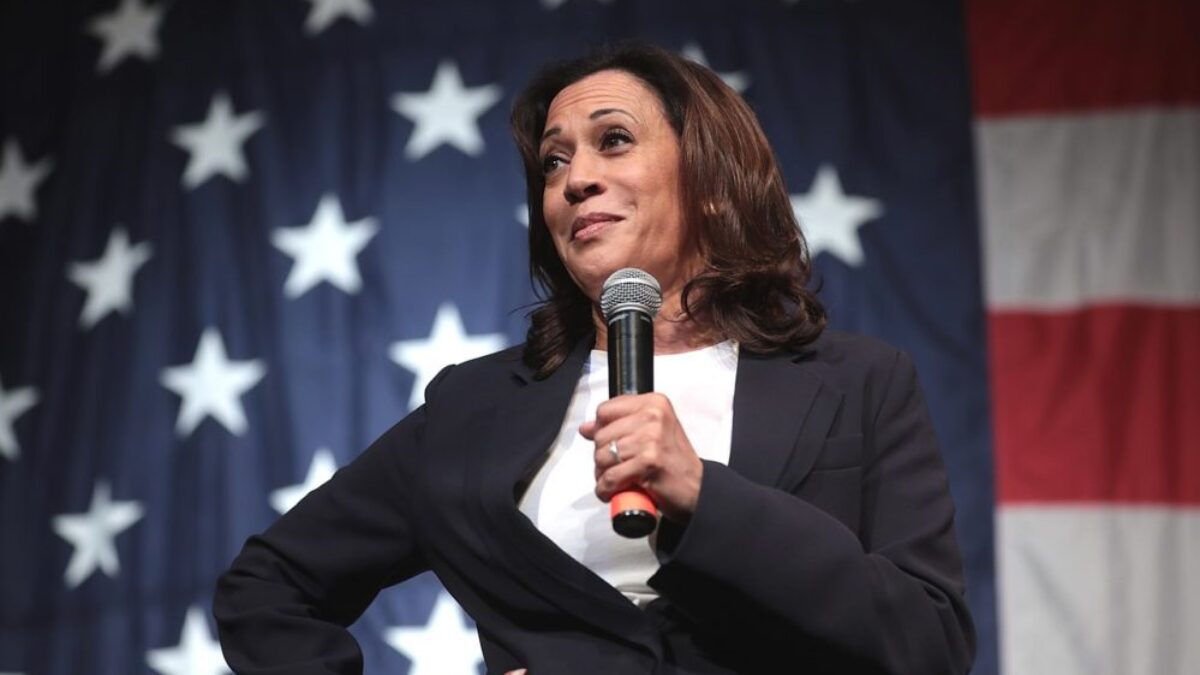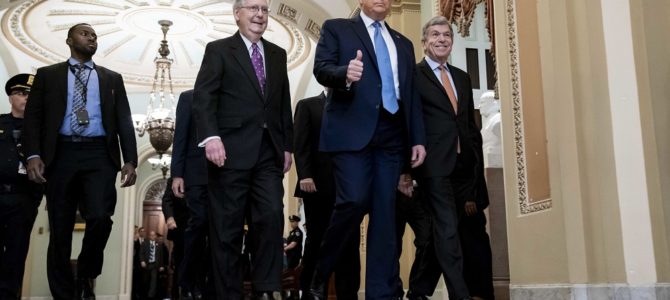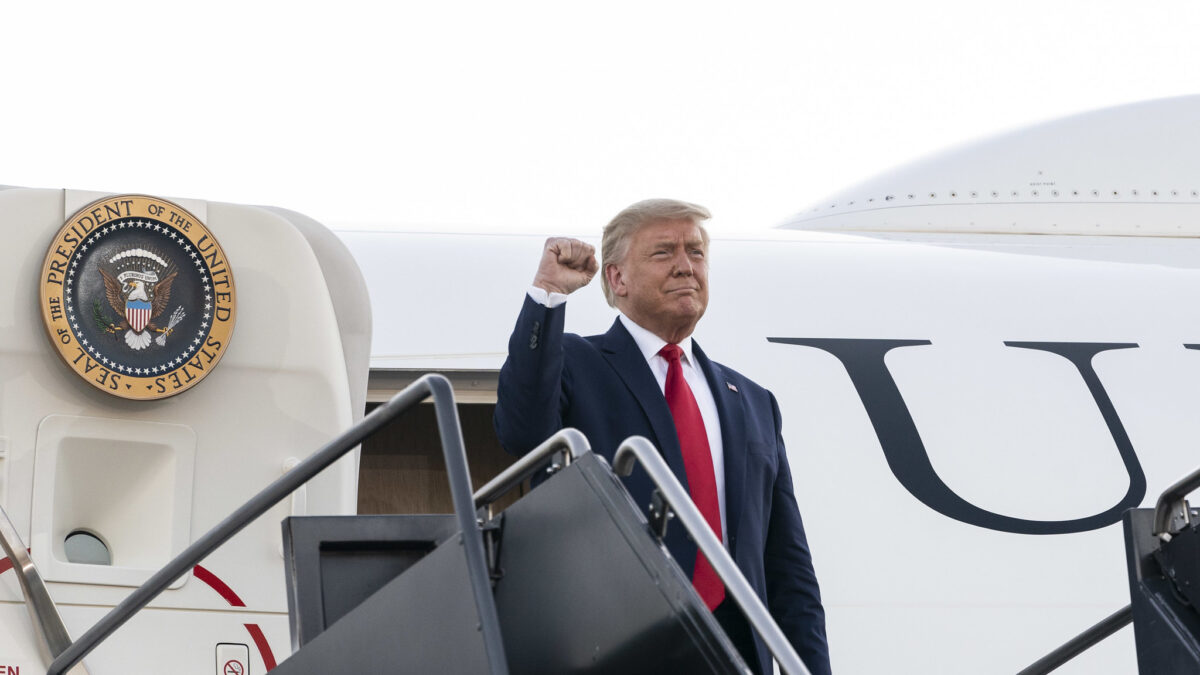
George Clooney made an appearance on “Meet the Press” recently to criticize what he believes is the corrupting influence of money in politics. Responding to a question about the $353,000 per couple fundraiser Clooney had hosted for Hillary Clinton just two days before, the movie star opined, “I think there is a difference between the Koch brothers and us . . . The Koch brothers would profit if they get their way. There’s no profit for us in this.”
It’s unfortunate Clooney would make such a statement about two men, Charles and David Koch, whom he’s never met. If he had, he might understand that their policy positions are driven not simply by what is best for Koch Industries’ bottom line, but by what advances a freer and more prosperous society for all.
Koch companies’ opposition to cronyism and corporate welfare is evidence of this fact. While many in the business community lobby and advocate for government handouts at the expense of others, Koch has for decades lobbied against or publicly opposed policies that in the short-term would pad its bottom line.
The Kochs Oppose Cronyism
A few examples are instructive on this point. Consider the Renewable Fuel Standard (RFS), originally passed by Congress in 2005. The RFS requires that fuel refiners blend increasing amounts of ethanol into gas and diesel fuel, greatly boosting demand for ethanol—and, as a result, its price. Yet despite being one of the largest ethanol producers in the United States, Koch Industries has lobbied heavily against the RFS. We also successfully lobbied for the repeal of direct ethanol subsidies, even though they benefited our bottom line.
Keystone XL is another great example. Ultimately rejected by the Obama administration last year, this pipeline would transport oil from Canada directly to refineries along the Gulf Coast, completely bypassing a major refinery owned by a Koch subsidiary along the way. This of course would take away some business and, again, could cost millions of dollars in lost profits. Yet we have repeatedly stated publicly that we are in favor of its construction. It would be good for America, despite the short-term hit we would have incurred.
Other examples abound. Whether it’s December’s federal tax extenders package, which provided tax credits to various Koch companies, or subsidies for fossil fuels, Koch Industries consistently lobbies against government policies that currently benefit us.
This is nothing new, either. Koch companies have spent decades lobbying against policies that would benefit them at others’ expense. This is in keeping with our philosophy that a system of mutually beneficial exchange that is free from government coercion produces the greatest prosperity for every member of society. Corporate welfare makes that impossible to achieve, which is why we oppose it in every form—regardless of its effect on our business.
Unlike the Movie Industry
Now contrast Koch’s approach with that of Hollywood and the Motion Picture Association of America (MPAA). As the trade association for major production studios, MPAA lobbies for a litany of corporate welfare film credits across the country. These handouts can range between 20 to 30 percent of a TV or movie production’s costs. Many are also refundable, generating direct cash payments when few or no taxes are due. The Tax Foundation estimates film tax credits cost state taxpayers around $1.8 billion in 2015—i.e., money that goes straight to Hollywood profits.
That’s just the beginning. The MPAA lobbies for billions of dollars in other handouts each year, again at taxpayers’ expense. Carveouts like the Federal Film and Television Incentive program grant up to $15 million in special tax treatment per production, while the Facilitation Investments in Local Markets Act—the FILM Act—would extend similar favors. There are also special deductions for advertising costs, and a proposed lower tax rate for income specifically derived from intellectual property—in other words, income derived from movie sales. The list goes on.
These facts make one thing crystal clear: If anyone “would profit if they got their way,” it’s the film industry as represented by the MPAA. Of course, any criticism aimed at Koch usually comes with misguided calls to overturn the Supreme Court’s decision in Citizens United v. FEC. On NBC, Clooney was no exception.
Let’s Guarantee Free Speech to All
Such calls are antithetical to the right to free speech protected by the First Amendment, which the Supreme Court has long held also includes political spending. Ironically, the Citizens United decision concerned the right to advertise a film about Hillary Clinton during her 2008 presidential campaign. Federal law at the time made such speech a potential criminal act, threatening people with fines or imprisonment for engaging in unapproved political debate.
One would think Clooney would celebrate rather than denigrate this decision. After all, media corporations exercise this right to free political speech and advocacy all the time, regularly advancing their own political causes through movies and entertainment. Thanks to Citizens United, they have every right to do so free of fear from criminal prosecution—just as the Kochs or anyone else has the right to advocate political causes as they see fit.
Clooney did make one remark we agree with. In discussing another topic, he rhetorically asked, “Are we really going to be scared of the very things that have made our country great?” Perhaps he should answer his own question. Free speech and the unfettered debate of ideas is one of those very things that’s made America one of the greatest and freest countries on Earth. We embrace rather than fear this freedom, and encourage Clooney to do the same.









